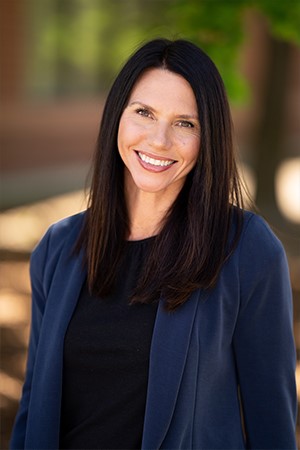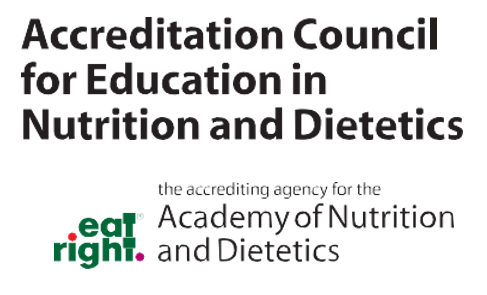Program Information Links
The Utah State University Master of Dietetics Administration (MDA) prepares students to lead and manage people and projects, setting them apart as they enter the workforce or in their current career field. The skills emphasized in the MDA program enhance management career options for graduates in clinical, community, food service, and entrepreneurial practice. Nationwide, there is a great need for professionally educated managers and leaders at the local, district, state, and federal levels. Students within the program will build skills in leadership, problem-solving, decision making, financial management, human resource management, business, and more. The hands-on curriculum delivered by faculty gives students the education they need to land the career they want.
USU MDA faculty foster development of students’ knowledge, skills, and abilities as they move through self-directed schedules. Students work weekly with their assigned faculty during and after the program as they prepare for the RD exam and seek employment.
Join us for a virtual open house to learn more about the USU MDA program and why you should apply. Attendees will meet the program director and have an opportunity to ask questions about the program. RSVP today!
Admission Criteria
Find out what we're looking for in future students.
Review tuition and fees for the program.
Application Instructions
Learn more about the DICAS application, finding preceptors, and training locations.
Review the application deadlines.
Program Overview
Interested students can learn more about program coursework, SEL rotations, the master's project and graduation requirements.



